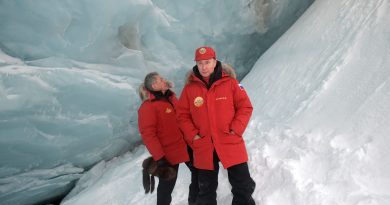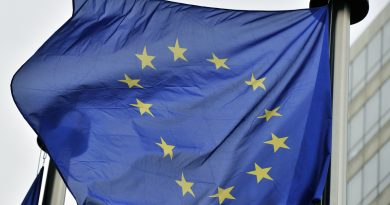Inuit leaders call for “unprecedented and massive” action on climate as world leaders gather for COP26
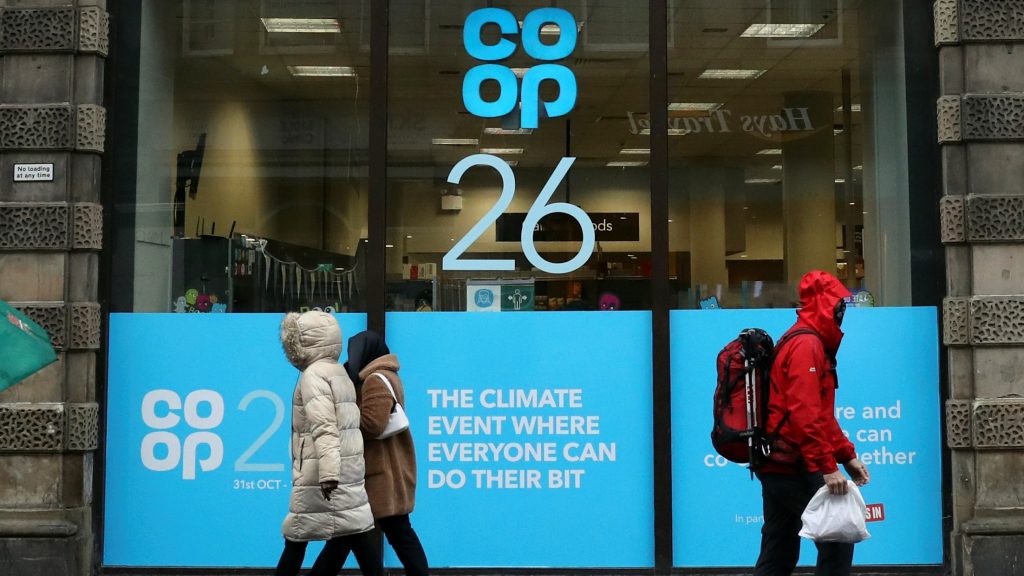
Inuit leaders are calling for concrete and decisive action on climate as world leaders gather in Glasgow, Scotland this weekend for the United Nations Framework Convention on Climate Change (UNFCCC) COP26.
“Inuit are facing an existential threat and are experiencing a violation of our fundamental human right to a safe and healthy environment,” Dalee Sambo Dorough, the international chair of the Inuit Circumpolar Council (ICC), said in a news release.
“For over 30 years Inuit have witnessed an Arctic environment eroded by climate change. At this critical climate change meeting Inuit are asking global leaders to support us in taking three important actions.”
The ICC represents the approximately 180,000 Inuit in Alaska, Canada, Greenland, and Chukotka, Russia and is leading an Inuit delegation to Scotland.
“Our reality for many years”
Besides Sambo Dorough, other delegates include ICC Canada Vice-President (International) Lisa Koperqualuk, Brian Pottle, president of the National Inuit Youth Council (NIYC), as well as elders community members and youth from Alaska, Canada and Greenland.
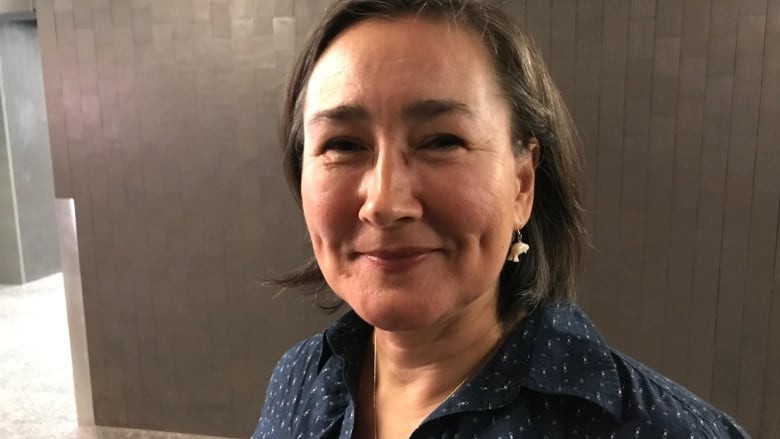
“Living with climate change has been our reality for many years,” Koperqualuk said.
“In mid-October I was in my home community, Puvirnituq, in Northern Quebec. There was no snow, no frost yet, not even ice forming. There are usually blizzards and plenty of snow and Inuit eagerly waiting to travel on the ice.
“The rest of the world is now experiencing what it means to live with climate change. This year people were hit by floods in Europe and Asia, fires in Canada, Russia, and the United States, and droughts in Brazil and Madagascar.”
In advance of COP26, ICC prepared a position paper outlining what’s needed to protect the Arctic. In it, they call on world leaders at COP26 to take three key actions including making an “unprecedented and massive” effort to stop global temperature rise, support Inuit participation in climate governance and recognizing oceans and the cryosphere as ecosystems to be protected in partnership with Inuit.
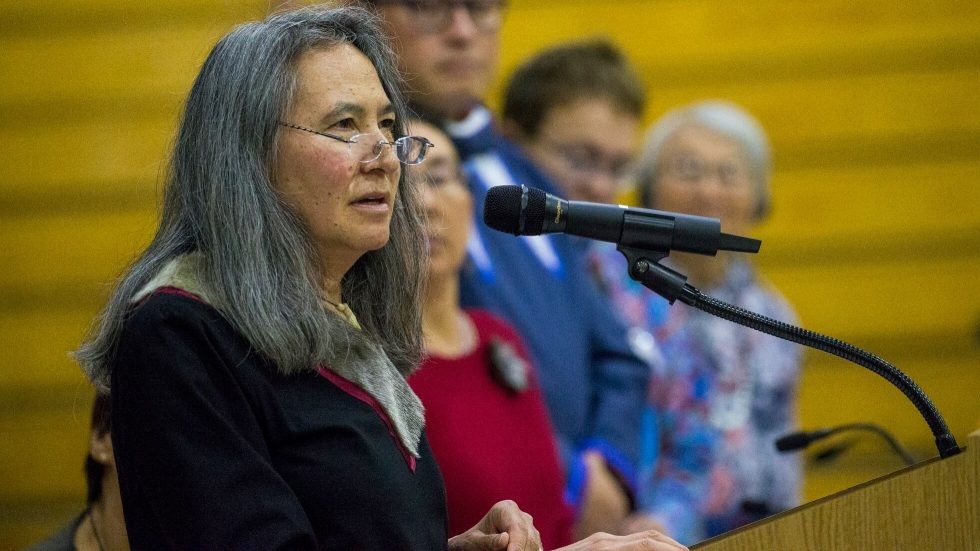
“There is no doubt that Inuit knowledge and advocacy have strengthened the resolve of the international community to make serious efforts to restrict the emissions of greenhouse gases,” the position paper states.
“However, resolve is not action and the Arctic as we have known it for thousands of years is slipping away as permafrost thaws and sea ice melts. Our home is becoming unrecognizable. The icepack is melting. We have been calling for the adaptation and mitigation strategies necessary for our survival and the integrity of our communities, from relocation to infrastructure to protection in place.”
Can a repeat of COP25 be avoided?
The COP 25 conference in Madrid took place in 2019. Its main goal was to move forward on areas like transparency of climate action, finance and other issues in order to fully put into operation the Paris Climate Change Agreement ahead of 2020, when countries had pledged to submit their new and updated plans for national climate action.
(The main goal of the Paris climate agreement, reached in 2015, is to keep global temperature increase to less than 2 degrees Celsius above pre-industrial levels.)
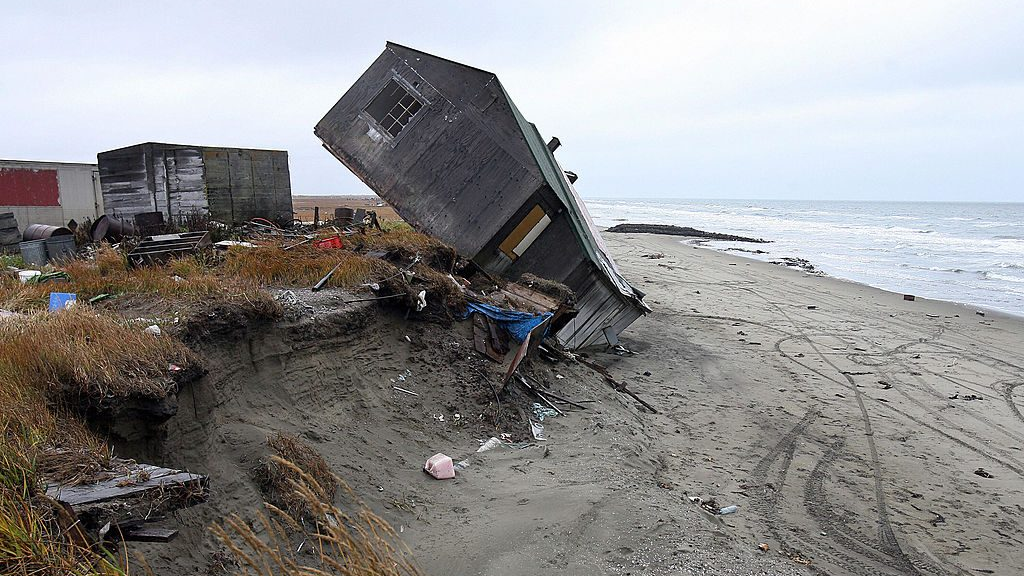
There were high hopes for COP25, but the international community failed to achieve consensus on many of the key issues including reporting requirements and common time frames for national climate pledges, even after going into two-days overtime.
In the ICC COP26 policy paper, the international Inuit community urged global leaders not to do a repeat of Madrid.
“International and national commitments are not quick enough or strong enough to keep the combined average temperature of global land and ocean surfaces to below a 1.5°C increase above pre-industrial levels,” the ICC said.
“While governments are distracted by questions around the equity of emissions, we cannot help but note the irony of our position as a people whose emissions are negligible in the grand scheme of things being subjected to temperature increases that are three times the global average.”
Inuit youth demand action
Brian Pottle, president of the National Inuit Youth Council (NIYC), says Inuit youth will bear the brunt of the global community’s inaction.
“The Arctic as we have known it for thousands of years is slipping away as permafrost thaw and ice melts,” Pottle said. “Our home is becoming unrecognizable.”
COP26 runs from October 31 to November 12.
Write to Eilís Quinn at eilis.quinn(at)cbc.ca
Related stories from around the North:
Canada: Continued sea ice loss could alter food web for some Arctic marine predators, says Canadian study, Eye on the Arctic
Finland: New Finnish chair of Barents Council highlights climate challenge, Yle News
Greenland: Arctic SOS to Climate COP26 – urgent action needed to avert weather catastrophe, Blog by Irene Quaile
Iceland: Return to form for Arctic Council as Russia assumes leadership from Iceland, Eye on the Arctic
Norway: Norway’s new government highlights fight against climate change and continued oil drilling, The Independent Barents Observer
Russia: City in Arctic Russia cooling ground to preserve buildings on thawing permafrost, The Independent Barents Observer
Sweden: Sweden aims to be ‘role model and bridge builder’ on climate change, Radio Sweden
United States: Climate change is worsening water scarcity in rural Alaska says study, Eye on the Arctic

